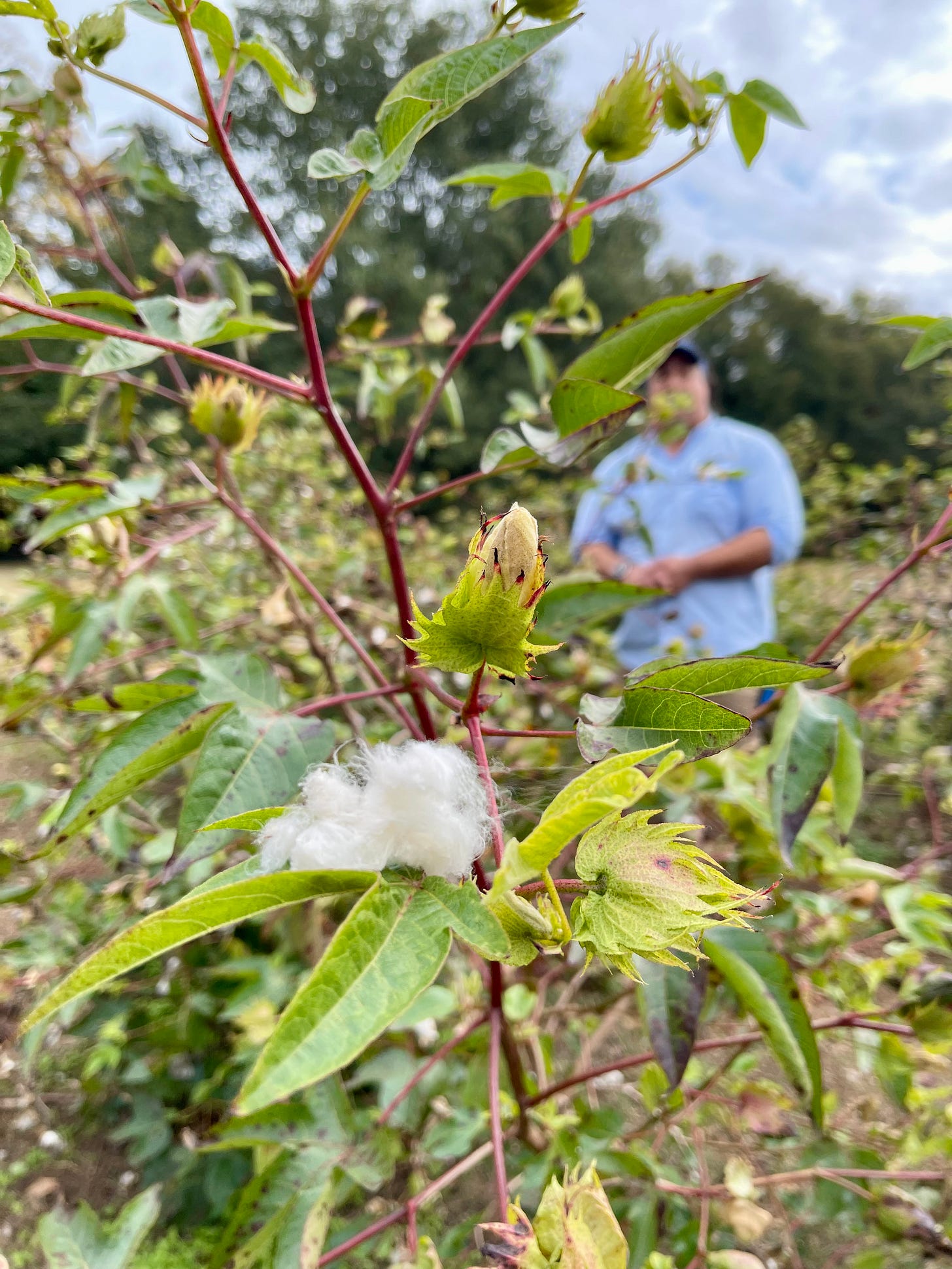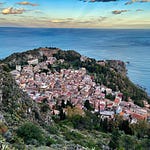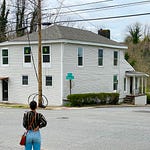Greetings from Senegal!
I truly can’t believe I am finally in Sub-Saharan Africa. I am here primarily on a personal writing retreat, and also to explore. I am incredibly lucky to have friends who are hosting me in Dakar. Although less than 5% of my DNA comes from the Senegambian region, coming here feels like the perfect entry to a continent I have long dreamed of visiting. And while here I will visit one of the points of departure for thousands, and possibly millions, of enslaved Africans: Gorée Island.
Only a few months ago I was on the other side of things. I spent a long weekend in Charleston, South Carolina visiting the new International African American Museum. It was built on the historic site of Gadsen Wharf, the port of arrival for nearly half of all enslaved Africans brought to North America. The museum’s mission is “to honor the untold stories of the African American journey at one of our country’s most sacred sites.”
While in Charleston, I visited the McLeod Plantation located on James Island, one of the Charleston Sea Islands. The islands are home to the Gullah people, descendants of slaves who have retained more of their ancestral African cultures and languages then anywhere else in the United States.
What sets this tour apart is that it centers the lives of the enslaved people who lived and worked on the plantation. Other similar tours typically focus on the lives of the plantation owners, glamorizing the stereotype of the gentile Southern life that was made popular with movies like Gone With the Wind.
At McLeod, local guides like the Iysta Day focus on the unvarnished truth, offering stories about individual slaves, information about slavery economy, and discussing post civil war realities for newly freed people.
I so enjoyed listening to, and learning from Iysta – with his rich voice, vast knowledge and powerful storytelling. He graciously allowed me to record during the tour and gave me permission to share this audio. (The recording jumps in mid-stream but I didn’t want to cut out any of what he was saying).
Although my ancestors were not enslaved on this exact plantation, they were held only an hour and half from James Island, in Nesmith, SC. I was grateful to gain deeper insight into what most likely was also their experience, as difficult as it is to hear. As I learn more about the realities for my ancestors, I learn more about my country and the context for the issues we continue to struggle with today. (Speaking of which, I’m currently reading the profoundly enlightening book Caste: The Origins of Our Discontents by the brilliant Isabel Wilkerson. Highly recommend.)
I hope you enjoy and gain some insight from this historically rich sound bite from the road.
I plan on sharing photos and videos from Senegal on my Instagram profile –be sure to subscribe if you haven’t already).









Share this post